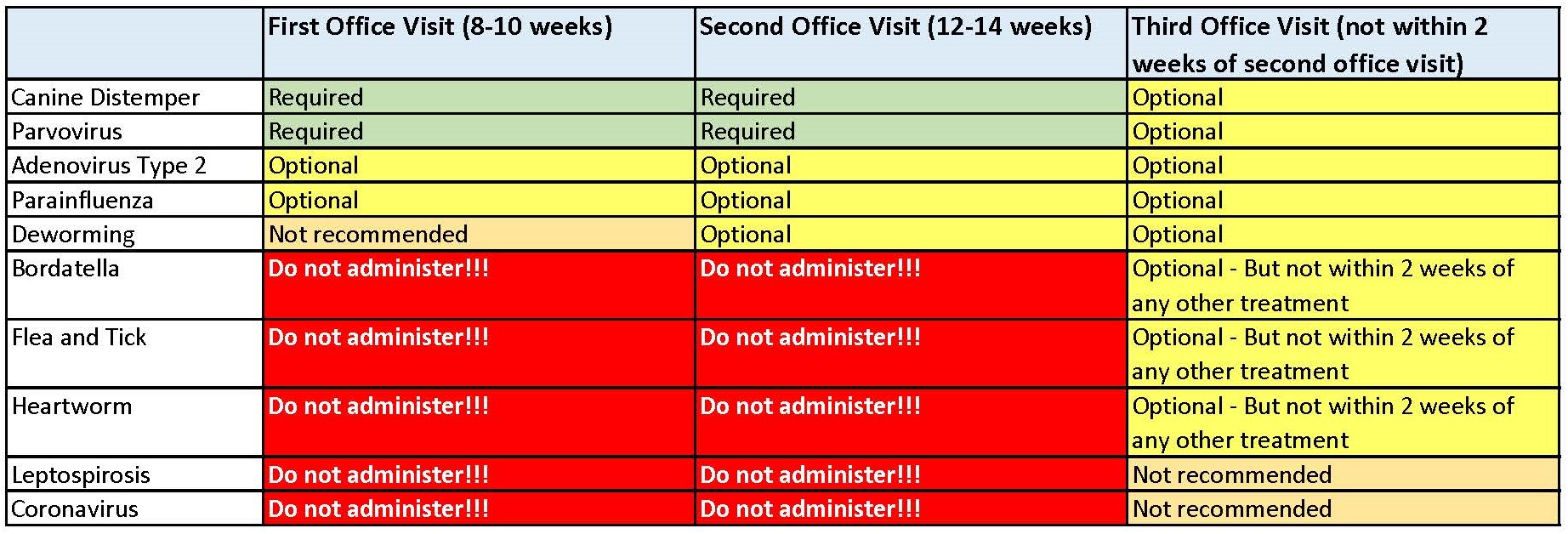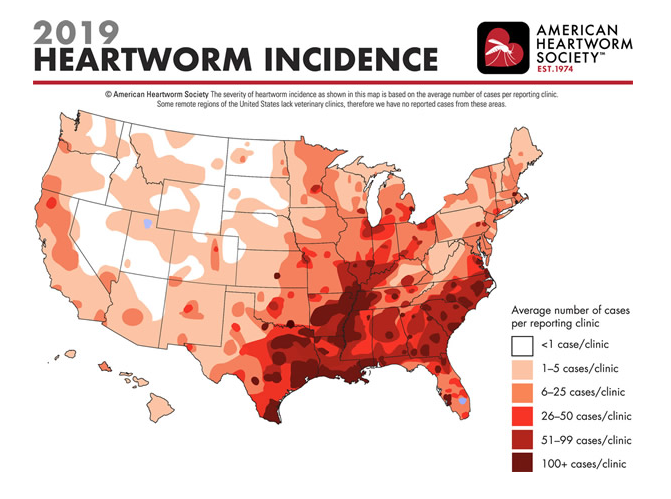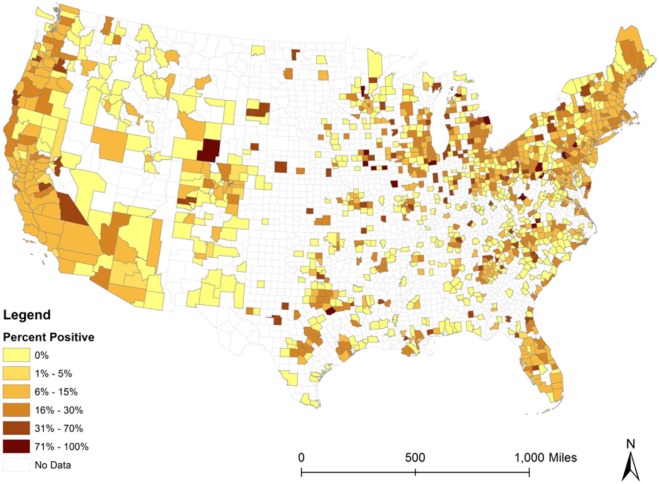
Weimaraners as a breed are susceptible to vaccination reactions which range from very short-term mild inconveniences to serious lifetime impacts. In an effort to minimize vaccine reactions in Weimaraner puppies, the Weimaraner Club of America (WCA) has published a vaccine protocol which outlines a specific combination of vaccines administered over a specific length of time.
There are situations, however, where even the WCA’s protocol may be too aggressive, and a breeder may elect to adhere to Dr. Jean Dodds’ Vaccination Protocol. Reasons for this protocol may include known vaccination reactions in the immediate or near-generation relatives of a particular puppy, or nomograph testing by the breeder to calculate when maternal antibodies wear off on any particular litter.
Check with your breeder to understand which protocol is recommended for your Weimaraner puppy, and make sure your veterinarian is in agreement as well. It takes a village to properly care for the youngsters!
2016 Dodds Vaccination Protocol for Dogs
The following vaccine protocol is offered for those dogs where minimal vaccinations are advisable or desirable. The schedule is one I recommend and should not be interpreted to mean that other protocols recommended by a veterinarian would be less satisfactory. It’s a matter of professional judgment and choice.
9 – 10 weeks of age
Distemper + Parvovirus, MLV
e.g. Merck Nobivac (Intervet Progard) Puppy DPV
14 – 15 weeks of age
Distemper + Parvovirus, MLV
18 weeks of age
Parvovirus only, MLV
Note: New research states that last puppy parvovirus vaccine should be at 18 weeks old.
20 weeks or older, if allowable by law
Rabies – give 3-4 weeks apart from other vaccines
Mercury-free (thimerosol-free, TF)
1 year old
Distemper + Parvovirus, MLV
This is an optional booster or titer. If the client intends not to booster after this optional booster or intends to retest titers in another three years, this optional booster at puberty is wise.
1 year old
Rabies – give 3-4 weeks apart from other vaccines
3-year product if allowable by law; mercury-free (TF)
Perform vaccine antibody titers for distemper and parvovirus every three years thereafter, or more often, if desired. Vaccinate for rabies virus according to the law, except where circumstances indicate that a written waiver needs to be obtained from the primary care veterinarian. In that case, a rabies antibody titer can also be performed to accompany the waiver request. Visit The Rabies Challenge Fund for more information.
W. Jean Dodds, DVM
Hemopet / NutriScan
11561 Salinaz Avenue
Garden Grove, CA 92843
Do not combine these vaccinations within two weeks of any other treatment, including but not limited to Bordatella, Leptospirosis, Coronavirus, Flea and Tick Preventative, or Heartworm Preventative. Additionally, only treat your puppy with only ONE of these at a time. (For example, do not administer both flea and tick preventative and also heartworm preventative on the same day.)

Your puppy is vulnerable until he/she has completed the puppy vaccination series.
Worming: Fecal checks for worms should be done regularly (every 90 days). You can also elect to worm your dog preventatively.
IMPORTANT: Please continue to socialize your puppy up through the second round of vaccinations, but limit your puppy’s exposure to areas where there may be the greatest chance of being exposed to diseases. This means staying away from dog parks, rest stops, pet stores and other areas that are frequented by many dogs and where you do not know the habits of their owners.
A rabies vaccine should be given at the latest time possible per your local ordinances (usually between 4-6 months in order for you to license your dog). DO NOT vaccinate your puppy against rabies within four weeks of any other vaccines! The first rabies vaccine is a one-year vaccine, every subsequent rabies vaccine is a three-year vaccine. Never vaccinate more frequently than this.
Perform vaccine antibody titers for distemper and parvovirus every three years thereafter, or more often, if desired. If you must vaccinate for Bordatella, use the oral or intranasal (sniff) versions, and administer at least two weeks before boarding your dog. Regardless, please do not over-vaccinate your dog(s).

Every three years, the American Heartworm Society (AHS) gathers data on heartworm testing to understand the impact heartworm is having nationwide, as well as in specific regions. Testing data from thousands of veterinary practices and shelters is used to create a detailed map showing the average number of heartworm-positive cases per clinic per year.

“Hotspots of canine leptospirosis in the United States of America,” The Veterinary Journal, Volume 222, April 2017, pages 29-35
Leave a Reply